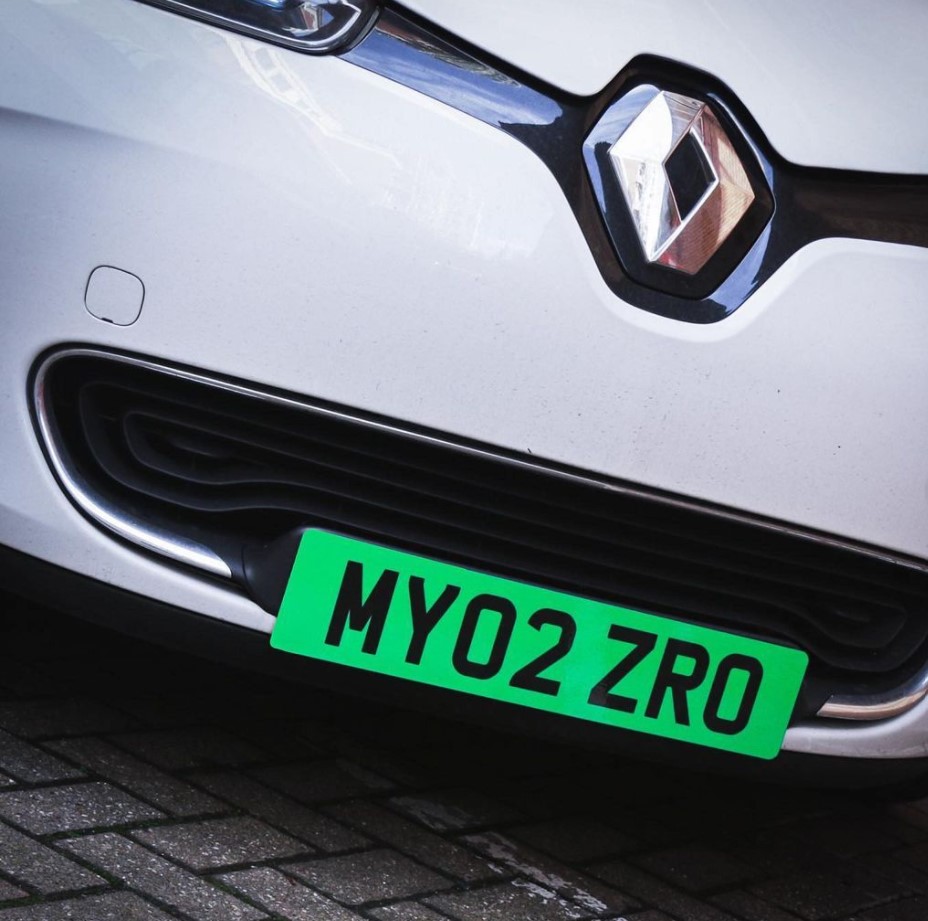
UK government says it will end fossil fuel car sales by 2035 under green recovery plan
Last month’s announcement by the UK government that it will end sales of petrol and diesel cars by 2030 has been welcomed by T&E. The confirmed phase-out date is part of a 10-point plan to tackle harmful emissions, which it says will create 250,000 jobs. T&E says the proposal is good news, but the government must now put this into law and ensure the target can be met by strengthening charging networks and incentives to buy zero-emission cars.
Interested in this kind of news?
Receive them directly in your inbox. Delivered once a week.
The phase-out will be in two stages, with sales of conventional cars with engines banned from 2030, and hybrid and plug-in hybrid models with significant zero-emission capability allowed until 2035.
The British government announcement is significant for two reasons. The country is about to leave the EU – the ‘Brexit’ transition phase ends on 31 December – so it can legally ban sales of cars with engines, which is not possible under current EU rules. The UK is also due to host next year’s COP26 climate conference, which was delayed from its original date of November 2020 because of Covid-19, and it is working to encourage other countries to sign up to ban cars with engines.
The headline announcement was part of a British 10-point plan to stimulate a green recovery from the Covid pandemic. The plan includes additional funding to extend grants for electric cars until at least the end of next year, and around €1 billion of funding for charging infrastructure. A proposal to increase the UK’s offshore wind capacity from 10GW to 40GW by 2030 would mean more electricity in the grid would come from renewable sources, thereby reducing still further the overall emissions of e-vehicles.
T&E’s UK director Greg Archer said: ‘The 2035 target date is good news, as it sends a clear message that cars with engines are obsolete and the world can now quickly transition to electric cars. Ending the sale of every petrol and diesel car and van with an engine by 2035 is entirely feasible, but if it’s to happen, the government needs to set automakers rising targets to increase sales of EVs over the next 15 years with penalties for not complying. The clock is ticking, there is no time to lose.’
In a surprise move – also welcomed by T&E – the government also announced it plans to consult in 2021 on when to phase out sales of diesel trucks as well. If it does so, it will be the first country in the world to commit to this by a given date. The programme also promises support for cleaning up air and sea transport (€22 million has been committed to the maritime sector), as well as action to promote public transport, cycling and walking, although no new initiatives have been announced.
The government says the 10-point plan will cost £12 billion (€13.2bn), but at least a third of that was already scheduled to be spent, and opposition parties say only around £4bn is new money. Environmental organisations have given the plan a cautious welcome, but some have said its ambition level falls a long way short of the action needed to meet climate goals, and aspects of the programme have been criticised, notably investment in new nuclear power and carbon capture and storage.
As part of the preparation for COP 26, the UK also hosted the first Zero Emission Vehicle Transition Council, a forum set up to discuss how to accelerate the pace of the global transition to zero-emission vehicles. Ministers from California, Canada, Denmark, France, India, Italy, Japan, Mexico, Netherlands, Norway, Spain, South Korea, Sweden and the European Commission all attended, but Germany declined.
